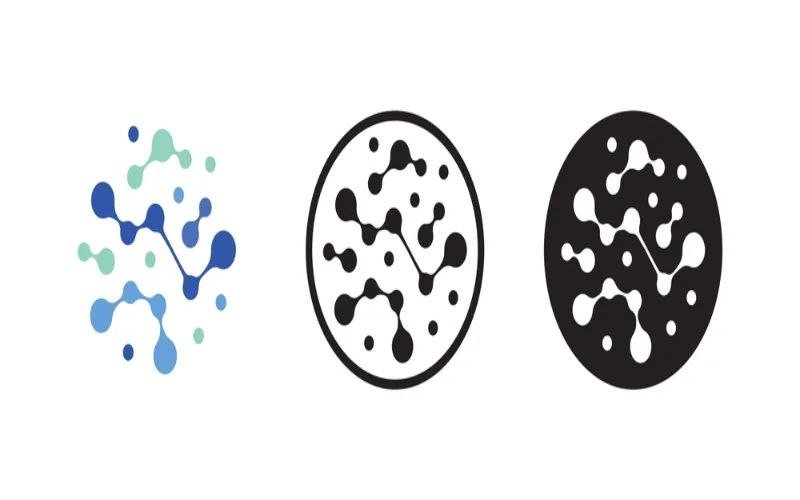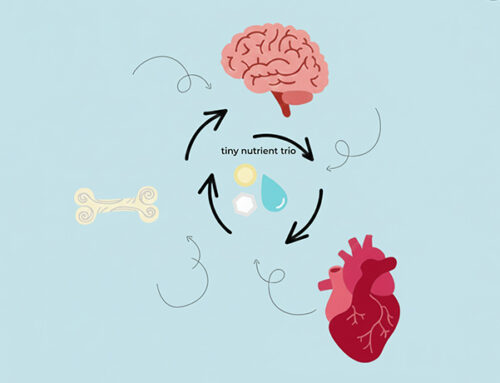The world is gradually recognizing the vital role of gut health in overall well-being. It’s not merely about digestion. Our gut holds the key to our body’s overall health. Understanding this, we struggle with probiotics, microscopic supporters known for their immense health benefits. A brief overview of probiotics reveals their growing popularity, with many hailing them as the cornerstone of wellness.
Understanding Probiotics
So, what are probiotics? These beneficial bacteria reside in our gut, working tirelessly to ensure our digestive system functions optimally. Unlike bad bacteria, which can cause diseases, probiotics are our defenders. The science behind probiotics and their benefits is profound. Research has shown that these microorganisms boost digestion, aid in weight loss, and even enhance our skin, hair, and nail health.
The Gut-Brain Connection
Few recognize the intricate relationship between how gut health affects mental wellness. A healthy gut can be linked to a happy mind, often alleviating symptoms of anxiety and depression. Probiotics support emotional and cognitive health, ensuring a harmonious balance between the gut and brain.
Sources of Probiotics
Natural food sources of probiotics include yogurt, kefir, sauerkraut, and kimchi. Each serving of these foods offers a plethora of bacteria ready to boost your gut health.
On the other hand, probiotic supplements come as pills or capsules. But it’s crucial to know what to look for. A trusted supplement should contain diverse bacteria strains and be backed by credible research.
Choosing the Right Probiotic Strain
Understanding the difference is crucial with strains like Lactobacillus, Bifidobacterium, and beyond. Each strain offers unique benefits tailored to specific health concerns. Whether you are dealing with bloating, constipation, or looking for skin benefits, there’s a probiotic strain suited just for that.
Dosage and Timing
The question often arises – how much probiotics should one consume? While the answer varies, starting with a modest amount and gradually increasing is always wise. Regarding the best times to take your probiotics, morning, with a meal, often ensures maximum absorption.
Incorporating Probiotics into Your Diet
Every meal has countless probiotic-rich recipes, from smoothie bowls with kefir to sauerkraut salads. Additionally, here are some tips for adding probiotics to your favorite dishes:
- Sprinkle some probiotic powder into your soup.
- Add a spoonful of yogurt as a tangy dressing to your meals.
Potential Side Effects
Starting probiotics can sometimes cause minor digestive disruptions. Temporary gas, bloating, or a change in bowel movements are common but usually dissipate. Always introduce probiotics gradually into your diet to minimize discomfort and ensure safety.
The Importance of Prebiotics
Prebiotics are non-digestible food components that feed probiotics, fuelling your probiotics for maximum effectiveness. Some of the best sources of prebiotics include the following.
- Whole grains,
- Bananas
- Onions.
Incorporating them enhances the benefits of probiotics.
Probiotics and Medication
There can be interactions to be aware of when combining probiotics with certain medications. It is always recommended to consult with healthcare professionals before adding a new supplement to your regimen.

Maintaining a Probiotic-Friendly Lifestyle
Adopting certain foods and habits that support a healthy gut microbiome ensures your probiotics thrive. Conversely, excessive alcohol, processed foods, and stress can disrupt your gut flora balance.
Children and Probiotics
Young guts can greatly benefit from probiotics, aiding in digestion and boosting immunity. However, safe practices for introducing probiotics to children involve consulting pediatricians and starting with small doses.
Seniors and Probiotics
As age advances, gut health changes. It’s essential to tailor probiotic intake for the elderly, considering their unique gut flora and health conditions.
Probiotics for Immune Health
Harnessing the power of good bacteria can significantly strengthen your body’s defenses. Certain probiotic strains are known for immune-boosting properties, protecting against common conditions.
Travel and Probiotics
Journeying to new places can sometimes disrupt our gut balance. Probiotics can shield against traveler’s diarrhea and ensure your gut health remains in check.
The Future of Probiotic Research
With ongoing studies, what’s on the horizon for gut health science looks promising. These exciting breakthroughs are set to redefine our understanding of gut wellness.
Taking Care of Your Gut Beyond Probiotics
A wholesome diet, regular exercise, and avoiding stress are vital lifestyle habits that complement probiotic intake. It’s a holistic approach, considering diet and lifestyle, ensuring peak gut wellness.
Conclusion
To conclude, probiotics are integral to our health regimen, bolstering everything from digestion to mental wellness. With their growing popularity and an array of benefits, they truly emphasize the importance of prioritizing and nurturing our gut health.
FAQs
Are there vegan probiotic options?
Yes, many plant-based sources and supplements are vegan-friendly. Always check the product label or source for confirmation.
How long do I need to take probiotics before seeing results?
The effects of probiotics can vary; some notice changes within days, while others may need a few months. It’s essential to maintain consistency.
Can probiotics help with allergies?
Some research suggests probiotics might aid in managing certain allergies by strengthening the gut barrier. However, individual results can differ.




